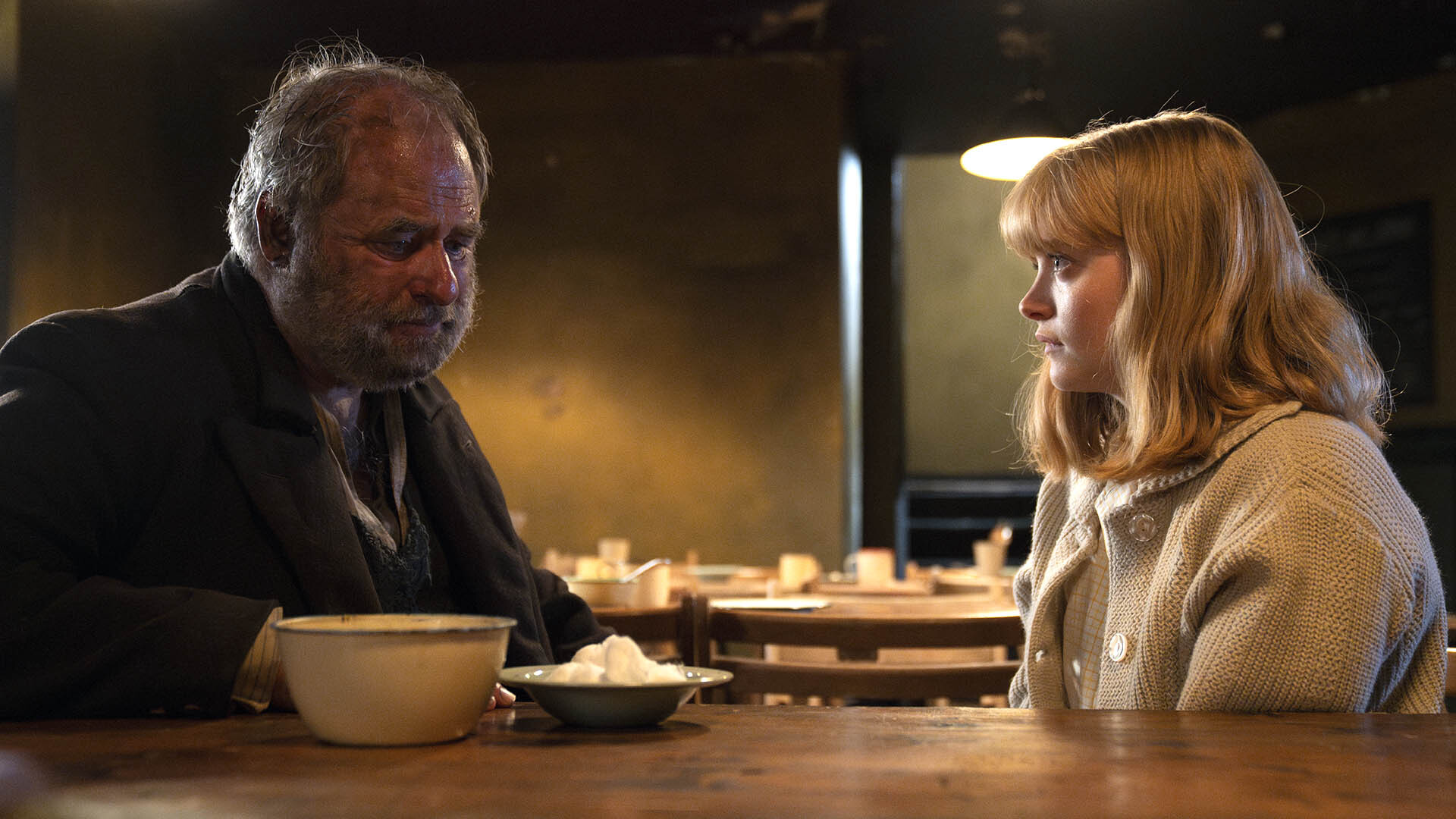At the moment, the room is empty. But that can change in an instant.
Triage, adjoining the hospital labor and delivery unit, is the first stop for gestating moms to come and get care. Whether they are sick or in labor, triage is where they will be assessed and admitted or treated and sent back out the door. That night, I am the midwife assigned to the task. Natalie is 20 years old, pregnant, and homeless when she arrives. It is around midnight on a cold Detroit night.
Triage is a room strictly for business, not comfort. We place Natalie in the farthest bed, away from all the activity at the desk. At the computer, I find records from a previous pregnancy and no record of prenatal care for this pregnancy
“Hello, Natalie. What brings you in tonight?” I smile and stand bedside with a wheeled computer cart pulled up at her left. She sits in the bed, head down, her hands in her lap. Hoping to reassure her, I gently place my hand on top of hers while they rest in her lap. They are ice cold.
“I’m cold and hungry.” She doesn’t look up. Her long dark hair covers most of her face. Her other complaints are vague. She confirms that she hasn’t had a chance to get prenatal care.
“You report that you are unhoused. Where are you staying?” I attempt to keep my voice neutral and non-judgmental.
“Was with my baby daddy but left a week ago. Bad stuff going on there.” There is strain in her voice. After a pause she lifts her head to reveal a large purple bruise across the right side of her face, from jaw to ear. I stifle a gasp and focus on the computer screen, trying to measure how skittish she might be and how much probing she might tolerate.
I finish my assessment and arrange to get her a sandwich and some fruit. I test her for sexually transmitted diseases and order lab work.
“Rest,” I said placing another blanket from the warmer over her. I turn out the bed light and pull the curtain around her.
There is a limit to how long patients can stay in triage without being admitted. I can, at least, wait until the labs are back. Maybe we can stretch her stay until we get a social worker to see her in the morning. I certainly was not going to put her back out on the street.
***
Overseas in 1970 Poplar, The East End of London: Warily, Rosalind skirts through a seedy part of 1970 Poplar looking for her homeless friend.
“I can’t believe you’ve done that for me,” he exclaims when she tells him she’s arranged for him to be readmitted to the shelter after being kicked out for fighting. Her warm and hopeful smile reveals the pleasure she finds in her own kindness.
Several blocks away in Poplar’s maternity home: “Is that allowed?” asks a calmer Arlene. Trixie’s manic-depressed patient yearns to hold her newborn.
“Absolutely, because I’m allowing it,” Trixie speaks with assertive confidence as she hands the baby to her mother.
***
At the end of my shift, I report Natalie’s status and my plan to the next midwife. I swing around to triage to check on her before I head home. I pull back the curtain to find an empty bed.
As Rosalind has to find some comfort in knowing she gave a few moments of purpose and respect to her now-missing homeless friend, I have to content myself with the knowledge that Natalie had a warm, safe place to rest for a few hours. Perhaps that warmth and safety will prompt her to return.
Sometimes kindness comes in the form of small acts of resistance to an indifferent world.
